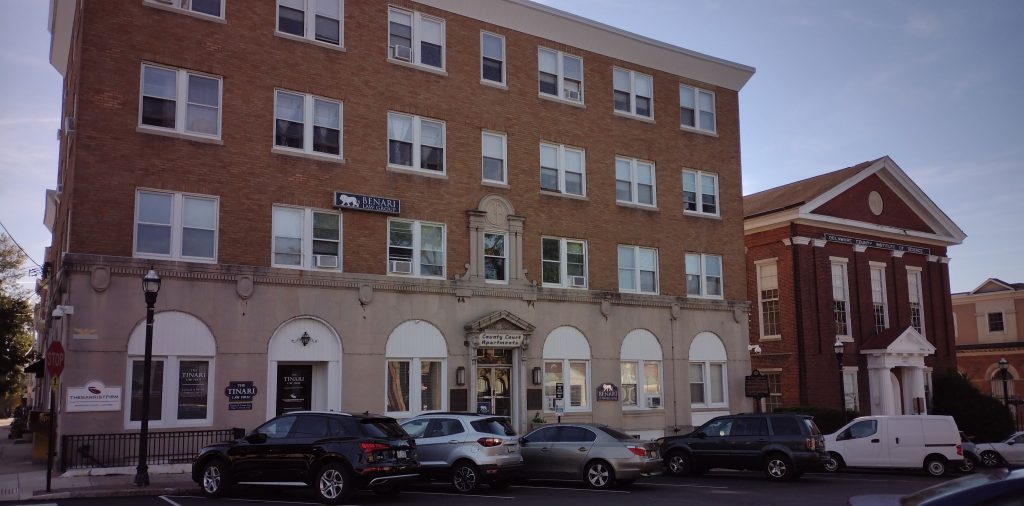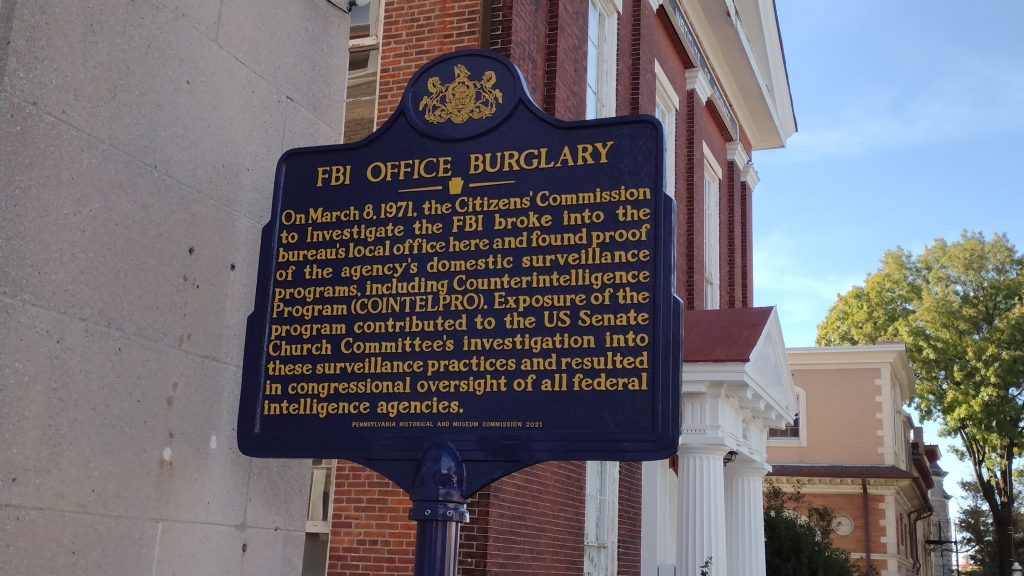TSA thinks Congress can override international treaties
Dismissing formal objections filed by the Identity Project and other organizations, the TSA has decided to go ahead with its “Pre-Check” (Pre-Crime) scheme to collect and use even more comprehensive secret dossiers about travelers as part of the inputs to the TSA “black box” that decides whether you are allowed to fly, and if so, how intrusively you and your luggage will be searched as a condition of exercising your right to travel.
In the TSA’s initial proposal and request for comments, it stated the outcome of its “public consultation” as a fait accompli. The “notice and comment” process was a sham, and the TSA brushed off our objections.
Most of the analysis accompanying the “final rule” exempting the new data elements in TSA files about travelers from the Privacy Act was devoted to why the TSA isn’t even pretending to consult the public about its procedures for deciding who to search and how intrusively. “No new substantive burden or impediment for any traveler has been created,” the TSA claims, by requiring submission to more intrusive search as a condition of travel. You don’t find having your genitals groped a burden or your body viewed as though naked a “burden”, do you? If so, you must have deserved the TSA’s suspicion in the first place. And as long as most people find it a convenience, it’s OK if others’ rights are denied:
Contrary to some commenters’ assertion that the TSA PreCheckTM Application Program infringes upon an individual’s right to travel, this program will provide an added convenience to the majority of the traveling public.
Most disturbingly, the TSA had this to say in response to our objections to the Pre-Check pre-crime scheme based on the First Amendment to the Constitution and the International Covenant on Civil and Political Rights:
Several commenters objected that the TSA PreCheckTM Application Program violates the U.S. Constitution or international treaty. DHS disagrees with the commenters as to the Constitutionality of the program, and notes that the treaty cited by an advocacy group expressly contradicts the position taken by the commenter by excluding requirements provided by law or necessary for national security from the treaty’s proscription.
So the TSA claims that the ICCPR permits exceptions either allowed by national law OR necessary for national security. The ICCPR says no such thing. Any exceptions to Article 12 of the ICCPR must be provided by law necessary for national security (i.e. actually effective and the least restriction such alternative, which the TSA hasn’t shown) AND must be consistent with the other provisions of the treaty (such as Article 17 on the right to privacy).
This is not a new (false) claim by the DHS about the relationship of international treaties to US law. The DHS made the same claims in response to some of our previous complaints of violations of the ICCPR, as we pointed out in an (as yet unanswered) letter requesting review of those responses.
In claiming to believe that Congress can override international treaty obligations, the TSA demonstrates its disregard for the Constitution, which makes treaties as much “the law of the land” as is the Constitution itself, above any power of derogation by statute. In its failure to understand the ICCPR and the basic heirarchy of Constitutional and treaty law, the TSA also evinces its failure to fulfill the orders of the President for it and all other agencies to, “maintain a current awareness of United States international human rights obligations that are relevant to their functions and … perform such functions so as to respect and implement those obligations fully.”

